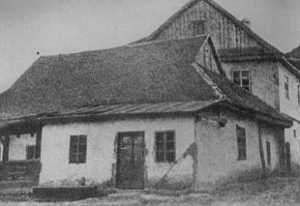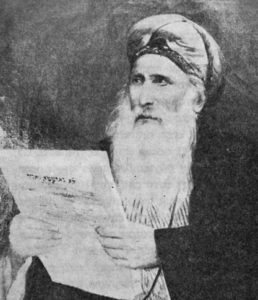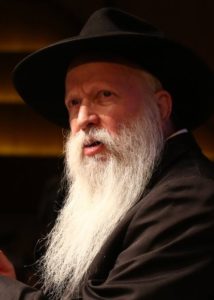First Lady of Hasidism
Adele bat Israel (c. 1720-1787) was born in Podolia (in what is today Ukraine), the eldest of two children of Rabbi Israel Baal Shem Tov, the founder of Hasidic Judaism. Adele (sometimes alternatively spelled “Odel”) grew up learning with her father, and was one of his greatest disciples. She served as his assistant and advisor. Adele went on to be a Hasidic teacher herself and a famed mystic in her own right. In fact, she was known to have divine inspiration, and was sometimes called Adele HaNeviah, “the Prophetess”. When the Baal Shem Tov sought to make aliyah to Israel, he only took with him his two children. They experienced many hardships along the way, including the capsizing of their ship, and being stranded on an island. Adele had been thrown off the ship into a stormy sea, and survived miraculously. The three ultimately returned to Europe. Before her twentieth birthday, Adele married a young Jewish scholar. Together, they made a living by running a shoe shop, and had three children: Her eldest son, Moshe Chaim Ephraim, went on to be a great Hasidic leader and wrote the famed text Degel Machaneh Ephraim. Second son Boruch was instrumental in getting the Hasidic movement going from its new “capital city” of Medzibuzh. Her youngest, daughter Faiga, was the mother of renowned Rebbe Nachman of Breslov. Adele was a key link in the chain of Hasidic tradition, and served as the “matriarch” of its first few generations. She has been called the “First Lady” of Hasidism.
The Surprising Story of Russia, Ukraine, and the Jews
Words of the Week
Anyone who has truly practiced a religion knows very well that it is that [which] stimulates the feelings of joy, inner peace, serenity, and enthusiasm that, for the faithful, stand as experimental proof of their beliefs.
– Emile Durkheim, “father of sociology”



